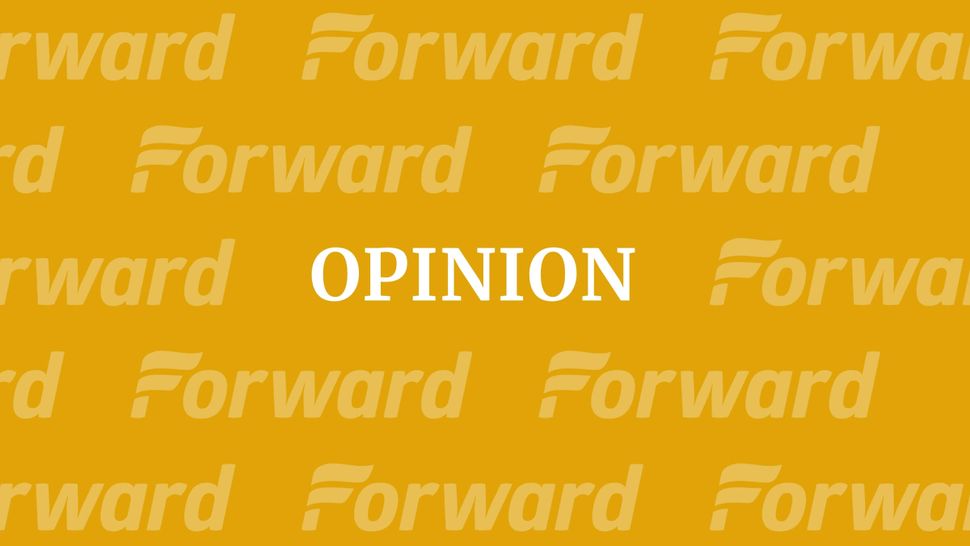Was Terror Attack Tied to ‘Muslim Future’ Satire?

By now, news of the massacre at the offices of the French newspaper Charlie Hebdo has reached the U.S. In perhaps the fullest account on this side of the Atlantic, the New York Times reports that the masked assailants—two according to a witness, three according to the police—burst into the lobby of the paper’s offices and began to fire their AK-47s, killing as many as a dozen people, including two police officers, before they fled the scene.
As the Times reporters also noted, Charlie Hebdo is a satirical weekly (“hebdo” is slang for “hebdomadaire,” or weekly) and this week’s cover features the French novelist Michel Houellebecq. More background on all of this, though, is helpful. Like its far older and more distinguished relative, Le Canard Enchaîné, Charle Hebdo publishes on Wednesdays, refuses commercial advertisers (to guarantee its editorial independence), insists on the primacy of print journalism (both websites are wonderfully primitive), is an equal opportunity lampooner of all religious and political movements, and gives pride of place to its cartoonists.
Take this week’s cover. The Times reported, correctly, that Houellebecq is portrayed as a wizard hawking his predictions at the start of the New Year. “In 2022, I will do Ramadan,” the bleary-eyed novelist slurs. But there’s another prediction, unremarked by the Times: “In 2015, I will lose my teeth.” Given Houellebecq’s history of drinking, chain-smoking—he’s trying to chip away at his current four packs a day—and general dissipation, the 2015 prediction is probably a better bet. And the cover also announces stories on the truth concerning the “baby Jesus” and on the hypocrisy of the Socialists when it comes to matters of money.
While the Times notes that Houellebecq’s latest novel, Soumission, portrays a Muslim candidate winning the presidency in 2022, followed by the country’s Islamicization, it also neglects both details and complexity. Last night, Houellebecq made the rounds of France’s news programs to discuss the book, which has already sparked a firestorm in the media, though few people have actually read the book: it reached bookstores only today—the same day that Charlie Hebdo published its weekly edition.
Indeed, Houellebecq is “controversial,” as the Times noted, but he also won the nation’s most coveted literary prize, the Goncourt, four years ago. Like Charlie Hebdo, Houellebecq’s vocation is provocation; like Charlie Hebdo, Houellebecq does it cartoonishly, but with verve; like Charlie Hebdo (at least at times), Houellebecq mocks extreme rightwing militants no less than Muslim militants. And, curiously, both Charlie Hebdo (at least as times) and Houellebecq lambaste anti-Zionists as little more than anti-Semites.
As the Forward is waiting for its review copy of Soumission—a double-entendre, indicating both one translation of the word “Islam” as well as republican France’s eventual “surrender” to this new political force—we must wait to discuss it.
So, too, must we wait to learn more about the killers before discussing this appalling event. Were the killers replying to the printed words of Charlie Hebdo and Houellebecq? We can only echo Houellebecq’s reply in one of his interviews last night, when asked if he took seriously the novel’s scenario: “It’s plausible.”























